In the past, Magyar Nemzet has written extensively about how some Western countries have also put Russian culture on their sanctions lists. In the most recent example, Canada has banned some Russian artists and actors from entering their country.
The great borscht war, or how they want to erase the identity of nations + video
Here's the latest craze, an attempt to remove borscht from restaurant menus.
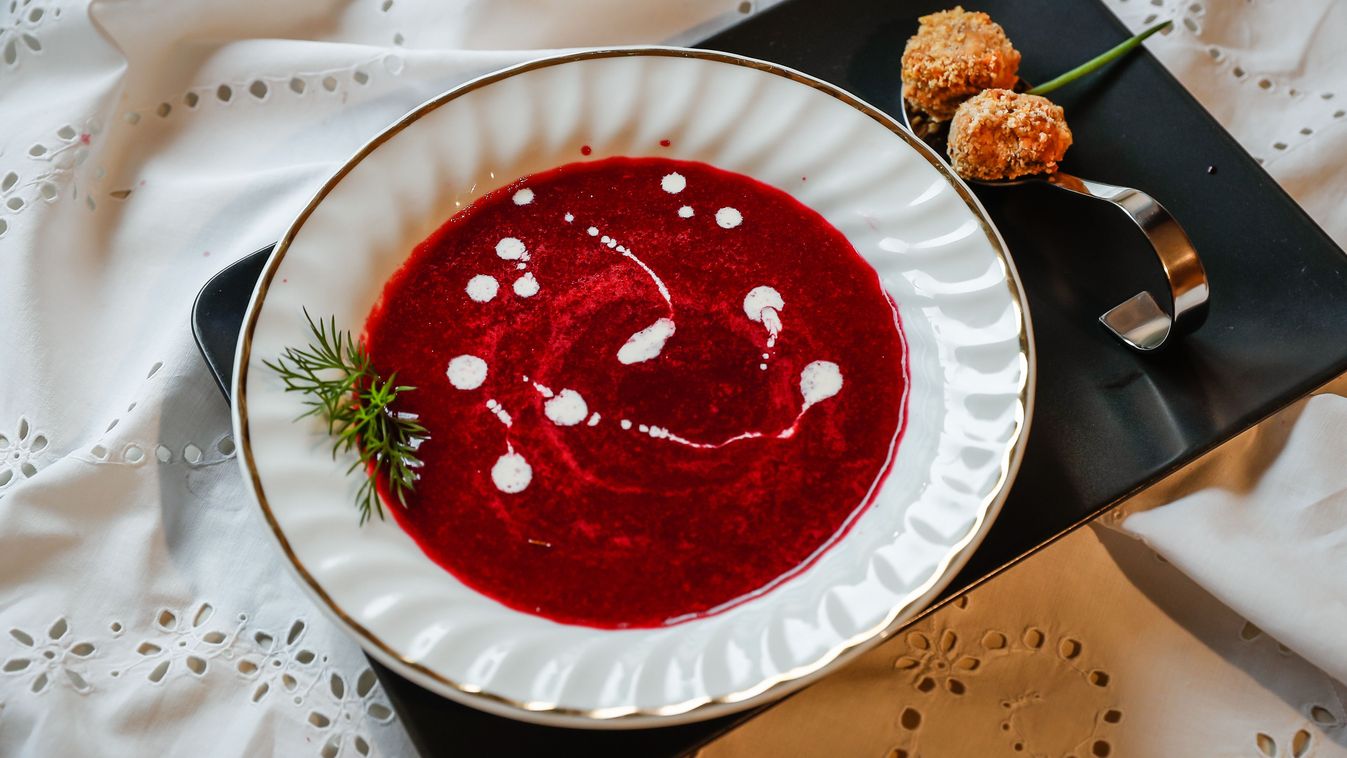
Things are spiraling further out of control, as some in the West are already thinking of banning borscht soup, according to our sources. But reality has come and slapped them in the face because, as it turns out, Ukrainians and Poles are also hearty consumers of the dish. In fact, as is often the case, several nations view borscht as their own. Which is giving a headache to Ukraine's leaders: how can they pursue the banning of the two nations' shared cultural past when one of their most characteristic dishes is, well, shared.
További IN ENGLISH híreink
If one thinks that this is only a problem in the West, we must disappoint our readers, as even the sides involved are engaged in a contentious, nearly cutthroat debate about the issue. Those bent on banning borscht wouldn't have had to embark on any extensive research to find this out. They could have just looked at one of UNESCO's priorities only a year ago, in which it added Ukrainian borscht to the Intangible Cultural Heritage List. Of course, the question arises as to what the difference is between Ukrainian and Russian borscht.
In order to determine this, we found two recipes and leave it to the reader to decide what differences they find. Let's start with the Russian borscht.
And now let's look at the Ukrainians' World Heritage-level borscht soup. As the man in the clip explains, nowadays Ukrainian families decide for themselves what to include in their borscht, whether - for instance - they should or shoudn't use any sour cream. He says there is not a single, set recipe for borscht, as everyone has their own recipe that they prefer.
We have also put the question to AI. First, ChatGPT responds by saying that it's a Russian dish, but then it gets rather uncertain.
Borscht soup, this traditional dish, originates from Russia. The soup is primarily made from beets and gets its characteristic red color from the vegetable. However, the recipe and preparation of borscht can vary from region to region, and from family to family.
As AI says, the main ingredients of traditional borscht are beetroot, broth (usually meat or bone broth), cabbage, potatoes, carrots, onions and garlic. It can also often contain tomatoes, peppers and other vegetables. The soup is often flavored with sauerkraut, which lends the soup a piquant and characteristic taste.
The tradition and popularity of borscht has spread not only in Russia, but also in neighboring regions, such as Ukraine, Poland and other Eastern European countries, ChatGPT points out, adding that because of the different culinary traditions in the regions, borscht soup recipes may vary slightly, but the basic ingredients and the soup's characteristic color are generally consistent.
Asked how certain it was about the soup's Russian origin, ChatGPT became unsure. This, of course, may be a sign of its operational anomalies, but also indicates that some cultural questions cannot be precisely answered within such a short time frame. It says:
Although Russian cuisine has made this dish extremely popular, the first documented recipes and mentions of borscht appeared in Ukraine.
The origins of borscht date back hundreds of years and were originally associated with the cuisine of the Ukrainian Cossack government in the 13th and 14th centuries. Later, in the 18th and 19th centuries, borscht was also a popular dish in Russian and Polish cuisines, which is why there may have been some confusion regarding the popularity of borscht and its Russian origins," AI says. It adds, however, that
the real roots of borscht are in Ukrainian cuisine and it is one of the best-known and most characteristic Ukrainian dishes, already consumed in many countries and regions.
Wikipedia's wording is no less nuanced.
Borscht is one of the most ancient dishes of Russian cuisine, dating back to the time of the Kievan Rus. It is prepared in many different ways and is still one of the most popular dishes in Russia.
Cover photo: Borscht and beetroot dishes by Ili Meszaros, a blogger and kindergarten teacher (Photo: Vas Nepe/Peter Szendi)
Komment
Összesen 0 komment
A kommentek nem szerkesztett tartalmak, tartalmuk a szerzőjük álláspontját tükrözi. Mielőtt hozzászólna, kérjük, olvassa el a kommentszabályzatot.
A téma legfrissebb hírei
Tovább az összes cikkhez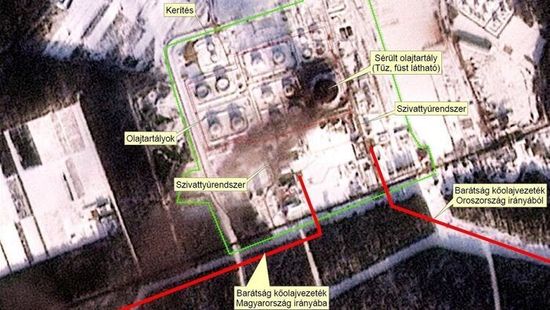
PM Orban Presents Satellite Images: No Damage to the Druzhba Oil Pipeline
There are no technical obstacles to restarting oil deliveries.

Brussels and Tisza Are Jointly Jeopardizing Hungary's Economy
The debate extends well beyond Hungary and touches on the broader competitiveness of the European Union.
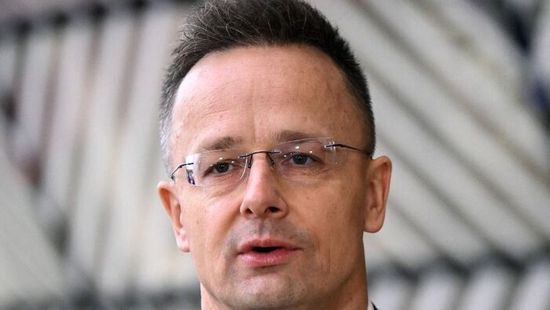
Hungary FM: The European Union, Not Hungary, Has Become Isolated
There is plenty of room for improvement in EU diplomacy, the foreign minister says.

Hungary FM: Airspace Reopening in Middle East Remains Uncertain
Iran has carried out further strikes.
Ne maradjon le a Magyar Nemzet legjobb írásairól, olvassa őket minden nap!
- Iratkozzon fel hírlevelünkre
- Csatlakozzon hozzánk Facebookon és Twitteren
- Kövesse csatornáinkat Instagrammon, Videán, YouTube-on és RSS-en

Címoldalról ajánljuk
Tovább az összes cikkhez
PM Orban Presents Satellite Images: No Damage to the Druzhba Oil Pipeline
There are no technical obstacles to restarting oil deliveries.

Brussels and Tisza Are Jointly Jeopardizing Hungary's Economy
The debate extends well beyond Hungary and touches on the broader competitiveness of the European Union.

Hungary FM: The European Union, Not Hungary, Has Become Isolated
There is plenty of room for improvement in EU diplomacy, the foreign minister says.

Hungary FM: Airspace Reopening in Middle East Remains Uncertain
Iran has carried out further strikes.


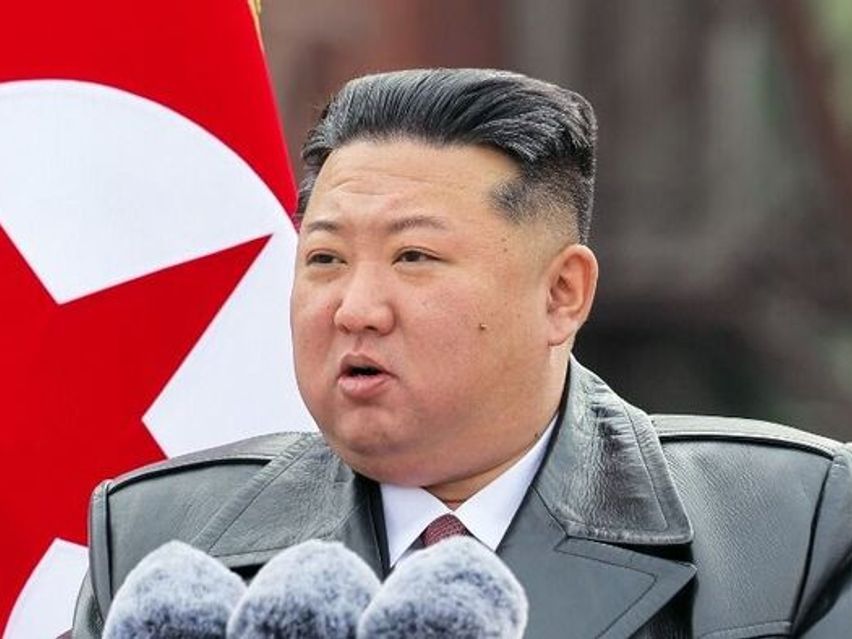
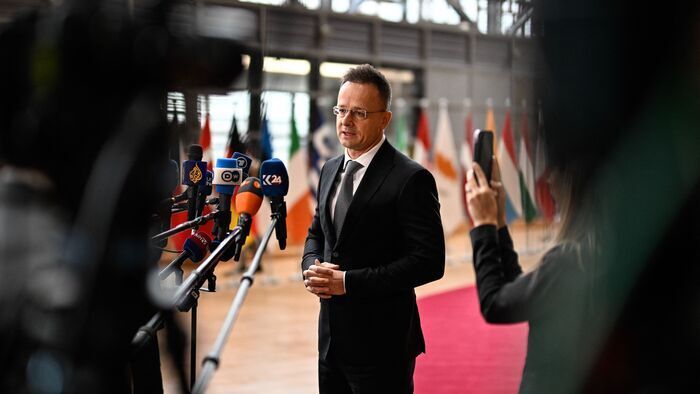

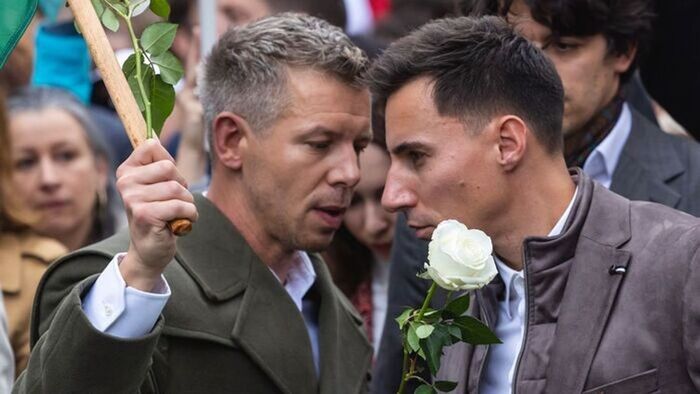
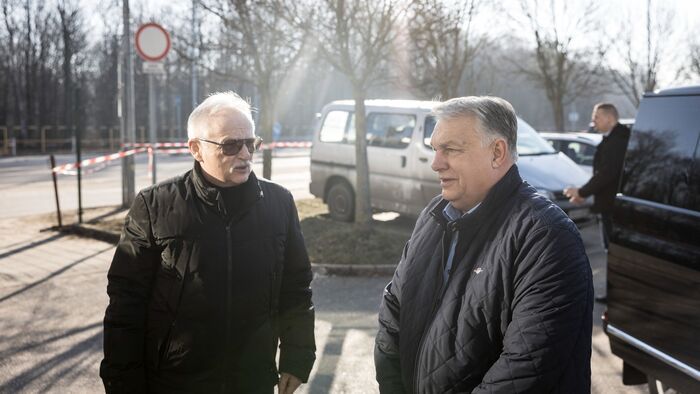
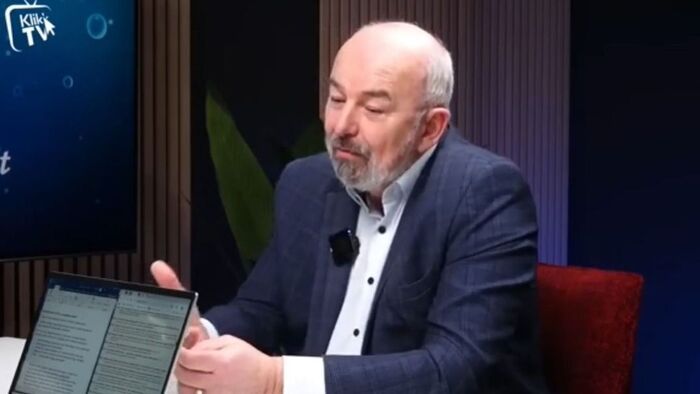

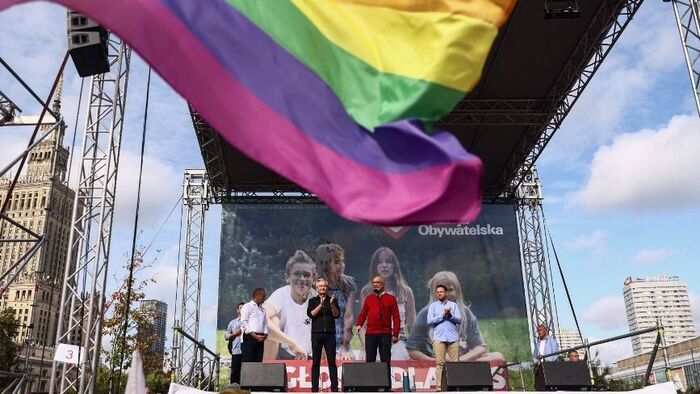

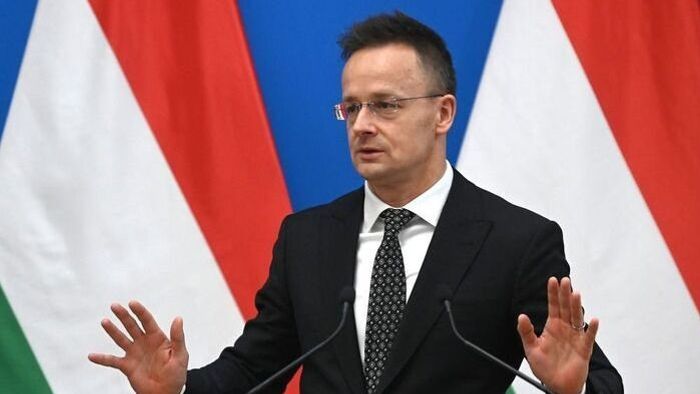
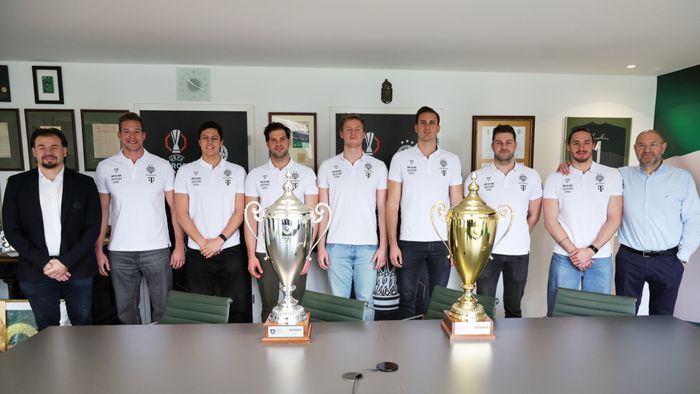
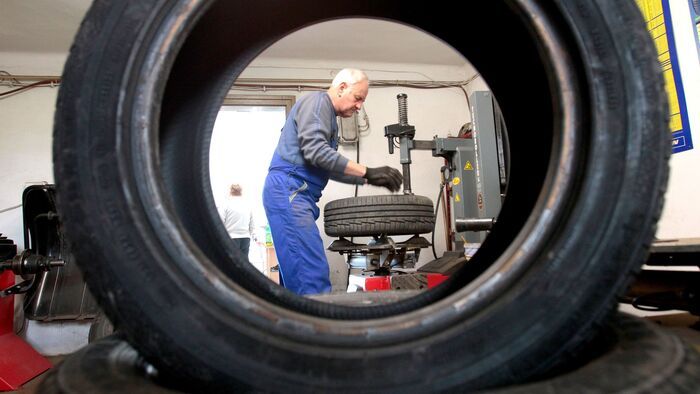
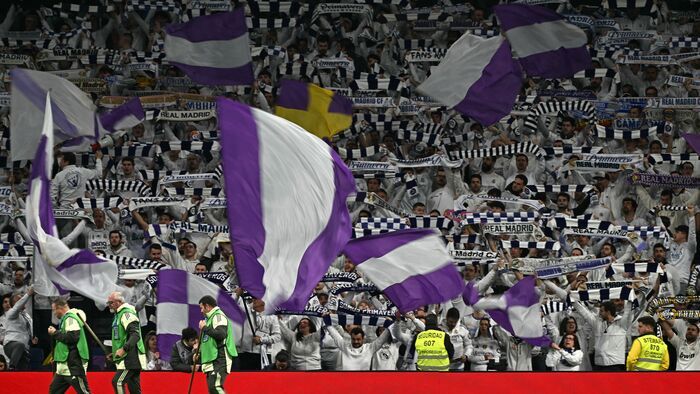

Szóljon hozzá!
Jelenleg csak a hozzászólások egy kis részét látja. Hozzászóláshoz és a további kommentek megtekintéséhez lépjen be, vagy regisztráljon!